In this second of two articles, I discuss coping skills you can use while getting the exposure to social situations which is key to addressing your social anxiety issues.
In my first article on habits for addressing social anxiety issues, I indicated that the key to success is getting as much exposure as possible to social interaction situations. This exposure yields two positive results which are integral to addressing social anxiety issues—desensitization and inhibitory learning. Desensitization (also called habituation) refers to lasting reductions in anxiety levels which come from getting enough exposure to situations in which you experience anxiety. Inhibitory learning entails realizing through sufficient exposure to anxiety-provoking situations that you can cope effectively in these situations despite your discomfort.
In this article, I will discuss coping skills you can use during your exposure to social interaction situations which will help you keep your anxiety at a manageable level in these situations. This will allow you to expose yourself to these situations long enough and often enough so that you are able to reap the benefits of desensitization and inhibitory learning. Achieving these benefits are the primary indicators of having successfully addressed issues with social anxiety.
Physical relaxation skills
Being able to calm the tension in your body in social situations will make it easier for you to stay in these situations long enough for desensitization and inhibitory learning to occur. Controlled breathing is one of a number of skills you can practice which can help you to calm your body in these situations.
Attention-switching skills
Anxiety in social situations is intensified by an internal focus in which the person ruminates on how anxious they are feeling and on negative thoughts about being criticized and judged. Switching your attention away from an internal focus to an external focus will help lower your anxiety to a manageable level so you can stay in social situations long enough to benefit from desensitization and inhibitory learning.
You can focus externally on the content of conversations, objects in the environment, people’s names, and any other pieces of information. You can make this external focus approach more fun by having goals for social occasions you attend such as finding out the occupations of 10 people at the event, writing a story about what happened or pretending to be a detective collecting information.
Social skills
Your ability to stay in social situations long enough for desensitization and inhibitory learning to occur will be enhanced by your having confidence in using social skills. These include skills for starting, continuing and ending conversations, making appropriate eye contact, listening and assertiveness. Practicing these skills will make you proficient at them and make social interaction less uncomfortable and more enjoyable.
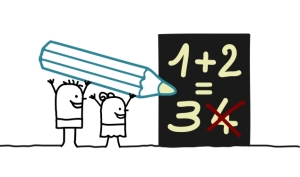
The PR plan: Predict, prepare and practice
The PR plan is a skill which helps you manage your anxiety in social situations by anticipating challenges which may result in high anxiety and preparing strategies to cope with these challenges if they occur. The first ‘PR’ step in this skill is to predict the challenges you may face in a particular social situation. For example, for giving a presentation your predicted challenges might include losing your train of thought, being asked a question for which you do not have an answer, and the equipment malfunctioning.
The second PR step is to prepare strategies you can use to cope effectively with each of the predicted challenges. For example, strategies you can use to cope with being asked a question for which you do not know the answer could include calming yourself with controlled breathing, using positive self-talk to remind yourself that being unable to answer a particular question does not detract from the quality of your presentation, and preparing an answer to such questions such as indicating that you will look into the matter and get back to the person. The third PR step involves practising, through imaginal rehearsal or role-playing, responding to each predicted challenge with your prepared coping strategies.
Assertive defense of the self
Assertive defense of the self is a thinking skill you can arm yourself with in advance of entering social situations. This skill will make you better able to withstand criticisms and judgments–actual or imagined– which drive up your anxiety past the point of being manageable.
In this skill, you predict criticisms and judgments others may make of you or that you think others will be thinking of you. Then you respond to these criticisms and judgments with assertive defenses. These are rebuttals which challenge the validity of the judgments and criticisms so that you feel better about yourself. For example, your assertive defense to the predicted criticism, “People will think I am weird because I am anxious” could be “You might think it’s weird, but actually everyone experiences anxiety—it is a normal emotional response”. Practicing assertively defending yourself will allow you to remain in social situations long enough for desensitization and inhibitory learning to occur.
Thought records
People with social anxiety issues often ruminate on negative thoughts after the social event has ended. These thoughts are typically hot thoughts—beliefs which are either not true at all or are not completely true. Hot thoughts lead to strong moods like depression, anxiety, frustration and guilt.
Completing thought records after the event will help you to catch these hot thoughts, check them with evidence and change them to more accurate balanced thoughts which lower the intensity of problematic emotions. This will make you more willing to enter future social situations to get more exposure.
You may find it helpful to receive some guidance in implementing these habits for addressing social anxiety issues by meeting with a psychologist who specializes in cognitive behavioural therapy (CBT). I help my clients in social anxiety counselling learn and practice these and other skills in my work as a Calgary psychologist and a Cochrane psychologist.
May you use gradual exposure combined with coping skills to address your social anxiety issues,
-Dr. Pat

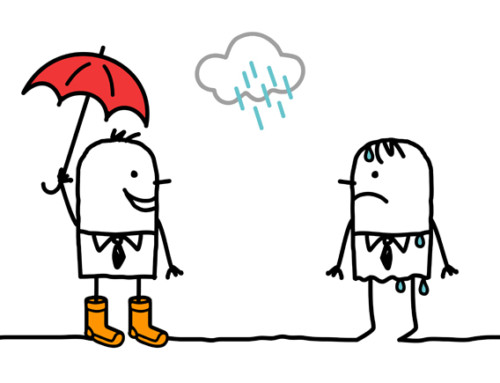
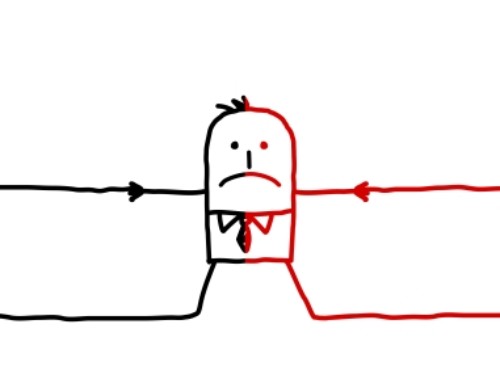
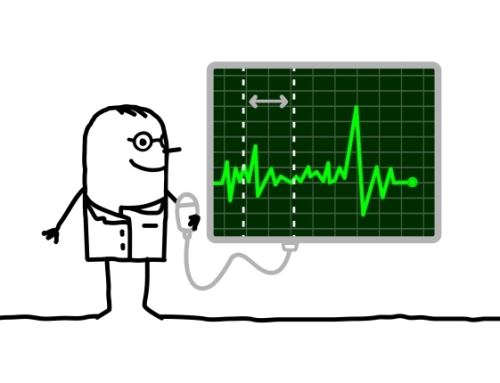
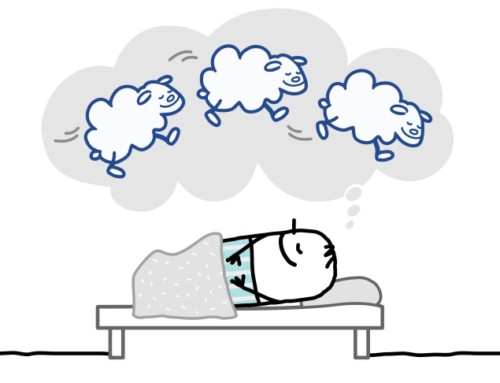

Leave A Comment